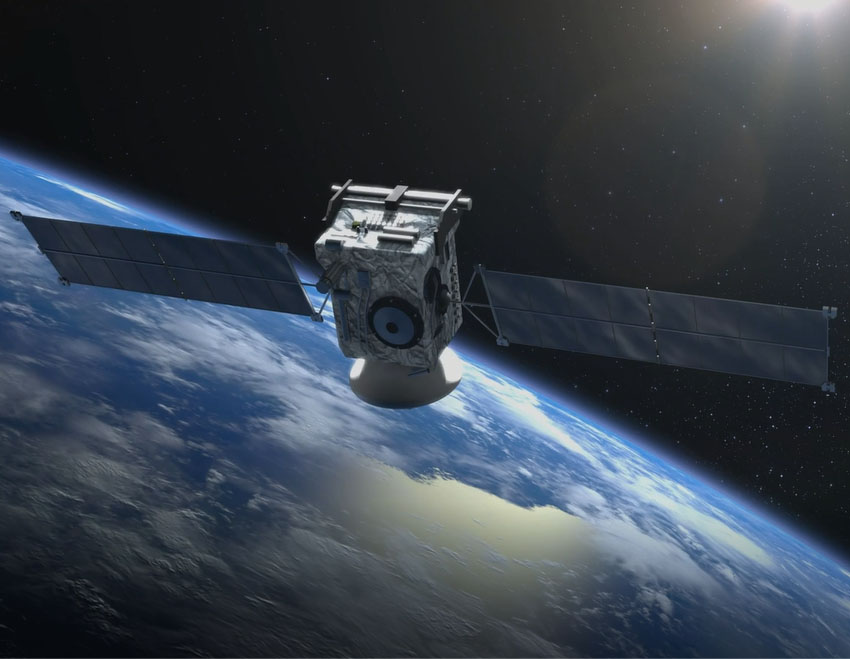Recently, SSC announced the investment in the data analytics company GlobalTrust. The new subsidiary is set to address some of the most crucial environmental and social issues of the time, by combining satellite delivered earth observation with the latest technologies. But how will it work?
We asked the two co-founders Richard Hilton and Steve Spittle about space data and how it can help people, companies and organizations to increase their competitiveness by acting more sustainably.
Why now?
“We find ourselves at a critical point when technology, corporate need and societal expectations have collided. Today, earth observation data allows us to monitor and assess the impact of corporate activities almost anywhere in the world. Meanwhile, there are increasing expectations on companies to behave more responsibly”, says Richard Hilton.
Whom do you address with these services?
“Most people and businesses can gain tremendously from better use of the geographical information that is now available to us. You only need to think about how influential a simple tool like Google Maps has become for our everyday lives. By exploring more advanced uses of geospatial technologies we will unleash even more benefits”, says Steve Spittle.
What’s in it for potential users?
“There is a demand of greater transparency around companies’ sustainability claims and how these claims can be verified. GlobalTrust can help create that transparency and credibility. There really are endless possibilities for companies and organizations to use geospatial data to become more sustainable, and therefore increase business benefits”, says Richard Hilton.

Dr Richard Hilton, CEO and Co-Founder of GlobalTrust

Steve Spittle, CTO and Co-Founder of GlobalTrust
How is this related to the daily business practices?
“There is a direct link between acting more sustainably and being perceived as more responsible, and increased revenues. We have already seen examples such as pension funds threatening to divest from companies if they don’t improve their operational practices. Over the last 5-10 years ‘ethical’ investments have ramped up enormously”, says Richard Hilton.
“There are also more immediate positive economic effects like reducing the risk of getting fined, enabling earlier repairs of aging infrastructures, streamlining operations, and reducing time and costs by monitoring activities remotely”, says Steve Spittle.
There are many possible applications. Can you give a few examples?
“We have been engaged in helping the mining sector to monitor tailings storage facilities to ensure their security and safety. By monitoring the embankment of the dam with millimetric accuracy we were able to provide insights on the infrastructure stability”, says Richard Hilton.
“For companies working with fast moving consumer goods and their routes to market such as big supermarket chains, there is a direct connection to the consumer’s purchasing behaviour. As the expectations from customers grow, we expect such companies to attract more customers by ensuring that their products are more sustainably sourced”, says Steve Spittle.
“Eventually, all companies will have to improve their sustainability credentials, even if there aren’t any obvious competitive advantages initially”, concludes Richard Hilton.

